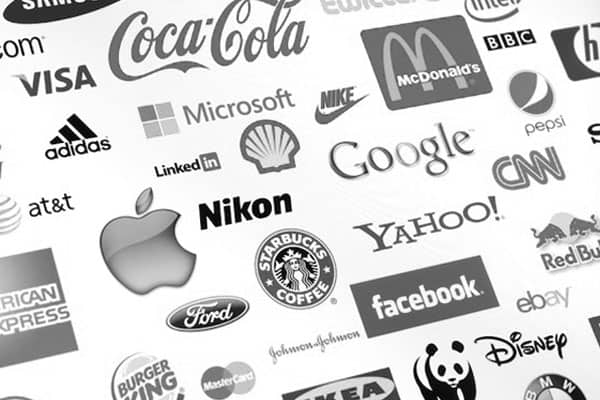
Traditionally, big brands have hired only well-known agencies to handle their digital needs. However, a surprising number of companies are now favoring smaller and lesser known boutique shops.
Why, you may ask, would an established brand put its precious online reputation in the hands of a small agency?
Several key factors come into play, including agility, budget, service and quality of work.
Agility
Large agencies tend to be mired in red tape and married to a playbook of internal processes that dictate what they can and can’t offer their clients. Changing course is sometimes not possible, as operating procedures are written in stone and governed by a group of stakeholders.
Small shops, on the other hand, are often extremely agile and able to respond to client needs without jumping through as many hoops.
Capabilities
Many older agencies focus on traditional creative and advertising, but are not equipped to deliver cutting-edge digital services.
Newer agencies are commonly run by millennials who grew up in the digital era and have a fundamental understanding of how consumers utilize digital media to connect with brands using mediums such as social media, video and mobile.
Budget
It’s no secret or surprise that big agencies are expensive to hire and have less flexibility built into the way contracts are structured.
Less bureaucratic agencies can provide great service for a fraction of the cost, and offer more appealing payment terms.
Service
One of the most fundamental issues facing big agencies is their ability to juggle a high volume of accounts and maintain an acceptable level of client service. Often, account managers are asked to handle intense workloads and are not able to give clients the attention they deserve. This can damage relationships and prevent projects moving through the pipeline.
Boutique shops have fewer clients, which frees up staff to pay closer attention to each account. This creates a more personalized experience for the client, and facilitates an overarching improvement in workflow and execution.
Quality
When accounts do not receive the attention they deserve quality quickly begins to suffer. Large agencies have reputations for being sweatshops that demand all-nighters and weekends from overworked and overstressed staff. High stress levels tend to thwart creativity and productivity, which are both essential to ensuring the end product meets expectations.
In Conclusion
At first glance, a digital agency with a prestigious address, a portfolio of name brands and droves of employees seems like the obvious choice. But this is 2014, and convention is quickly giving way to common sense.
Let`s Get
In Touch
Contact us today for a free consultation
and cost estimate for
your project.
We work with companies in all
industries, big or small.
Give Us a Call: 786-529-6039
Services
©2024 FUZE DIGITAL INC. Ignite Your Brand™ | privacy





